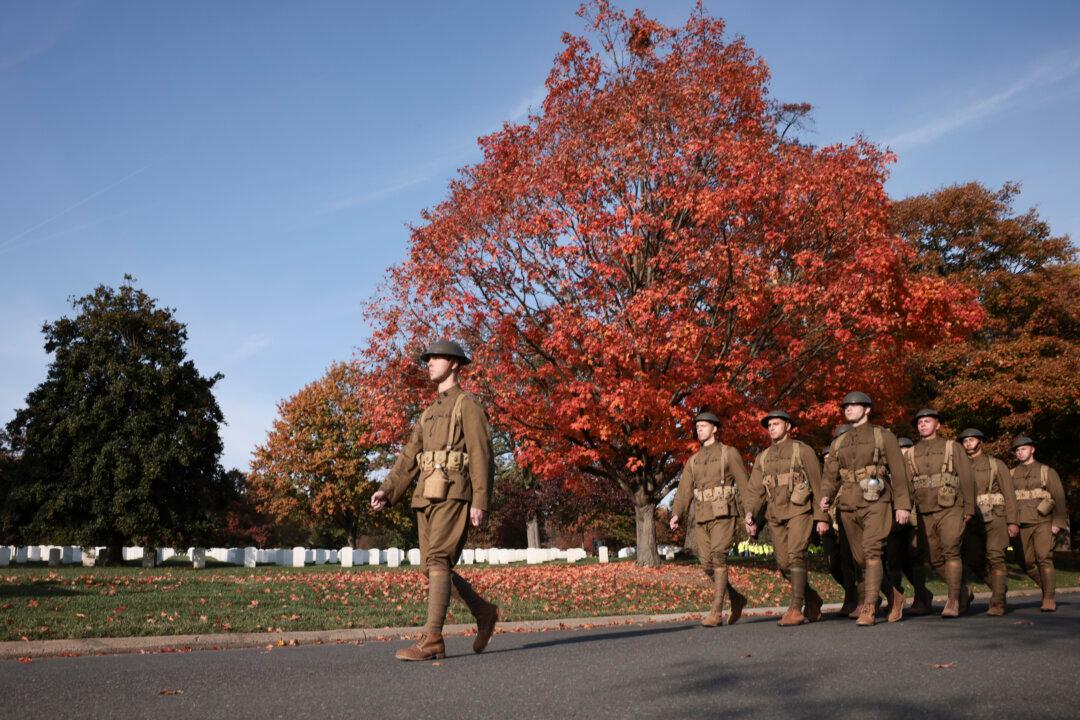Commentary
In early August, the U.S. Centers for Disease Control and Prevention reported that more Americans lost their lives to suicide in 2022 than any year on record. Recently released provisional data found that last year, at least 49,449 Americans tragically took their own lives, amounting to almost 15 deaths per 100,000 people.





